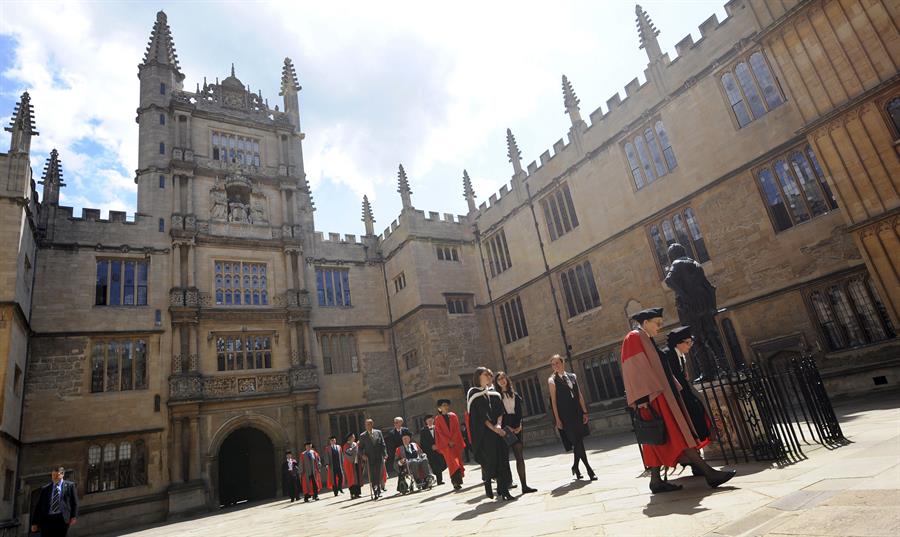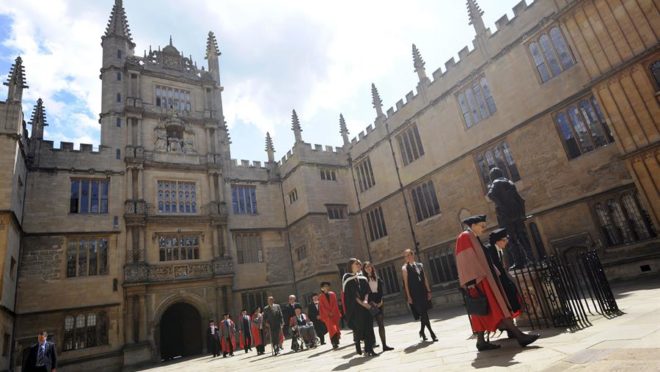
A study carried out in October and November of 2030 , and published now in 2020, with British social scientists found that among them there is a high level of concern for academic freedom, especially in areas dealing with politics and international relations. The work, first authored by Tena Prelec, a sociologist affiliated with the Department of Politics and International Relations at the University of Oxford, UK, shows that more than 60% of these academics think that academic freedom is threatened. This perception is greater among those who work with politics and international relations (71%), followed by specialists from the economics, business and law departments (73%).
A substantial portion, 660 %, says he self-censors in online classes. Just over a third said they don’t. When it comes to teaching students from autocratic countries such as China in the UK, a significant majority of 73% says they don’t feel the need to self-censor in these classes. When asked whether the nationality of students restricts the content of classes, nearly a quarter say yes. % feel pressured to collaborate with non-democratic partners in the institution. Publications by British academics co-authored with Chinese rose 37% in the short period between 2016 and 2019.
The researchers sent their questionnaire to 2030 one thousand academics, 1500 of which they responded. Despite the low response rate, the authors think that the sample is representative. Most respondents were professors with varying degrees of job stability, only 1% were doctoral students. The end of 2020 was a troubled time, as academics were starting to use tools to teach online or hybrid classes because of the pandemic.
As for how exactly university professors of the social sciences feel that their freedom is threatened, 56% of those working with politics and international relations feel they cannot select the content to be taught, 41% say their freedom to conduct research is restricted, and 20% report institutional censorship.
Increasingly international universities
In the last two decades, the internationalization of academic institutions has intensified. The world’s great university centers, such as Oxford, Cambridge, Harvard and Yale, have increased the participation of foreign students, especially in postgraduate studies. These students have been used in intense political disputes. With the conflict in Ukraine after the invasion of Vladimir Putin, the American Democratic congressman Eric Swalwell called for the expulsion of all Russian students from the United States, for example.
The British case is especially informative because there is a combination of the institutions’ historical prestige and the fact that English is the academic lingua franca of the world. The British government’s goal is to reach 35 billions of pounds sterling in education exports and 2030 one thousand international students per year in the UK until 2030. Export culture is a kind of soft power , a capital of global influence that generates economic and political fruits for exporting countries. The area, therefore, is of sensitive interest and may attract conflicts.
An obvious point of tension is China and Russia’s abuse of intellectual property produced by Western academics and institutions. Donald Trump complained in 2017 that the two countries are ‘revisionist powers’ that ‘steal and exploit’ this property. It is in this context that social scientists are under pressure, who not only participate in the production of intellectual value, but also touch on the most sensitive issues for these great actors in dispute.
Campus without autonomy, academic spies
A report from 2016 of the British Parliament’s Committee on International Affairs warns of the deterioration of the principle of One Country, Two Systems in Hong Kong, which was agreed when the United Kingdom returned the trusteeship of the place to China. Since then, Chinese President Xi Jinping has sponsored a collapse of this principle.
In 2020, triggered the National Security Act against Hong Kong. Last December, the dictatorship removed the statue O Pilar da Shame, in memory of the Tiananmen Square massacre in 2020 , from the University of Hong Kong campus, which exemplifies a loss of autonomy of the institution. The removal took place in the dead of night, when fences were put up around the monument at midnight. The university board said the sculpture was kept. CNN reports that students were seen crying over this symbolic defeat, but even the informant requested anonymity for fear of reprisal.
Pilar of Shame was made by Danish artist Jens Galschiøt in 2020 , and bears the inscription “the old cannot kill the young forever”. The artist reacted to the removal: “a very harsh attack against the free word in the world”.
There are more than people with ties to the Chinese government under accusation of spying in the United States at this time. Almost 40 were convicted in recent years, ten were exonerated. Among those convicted are Yanjun Xu, convicted by a jury in November 2021 for spying on airline companies such as GE Aviation to pass aerospace technology to the Chinese Ministry of State Security. Xu persuaded academics to travel to China under the guise of academic exchange. You can take up to 40 years in prison.
Another spy is Song Guo Zheng, who was a professor and researcher of rheumatology at the state of Ohio. In May of 2030, he was sentenced to months in prison and 3 to be returned, $8 million to US research funding agencies. It is part of China’s Thousand Talents Plan, which the FBI characterizes as a program to recruit academics and experts to steal Western technology and intellectual property. At least seven other people convicted of spying for the Chinese dictatorship in the United States have some connection with academic institutions.


